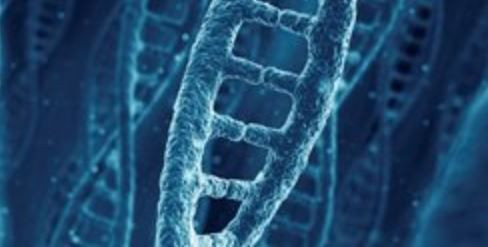GSK Muscular Dystrophy Drug, Drisapersen, Gains FDA ‘Breakthrough Therapy’ Status

GlaxoSmithKline (GSK), the British pharmaceutical giant, has announced that the U.S. Food and Drug Administration (FDA) has granted its experimental Duchenne muscular dystrophy drug, drisapersen, "breakthrough therapy" status. This classification will allow the drug to be ushered through clinical trials with quicker FDA review than usual.
Duchenne muscular dystrophy is a debilitating childhood disease that affects one in 3,500 male births, and is caused by a mutation in the dystrophin gene, which causes faulty production of the dystrophion protein. The dystrophin protein is key in connecting cells of the muscle to the matrix of structural proteins that are outside of the muscle. The lack of a functional dystrophin protein causes muscle cells to die, triggering progressive muscle weakness and severe fatigue.
Children also have heart issues and breathing problems and are usually confined to a wheelchair before the age of 12. Sadly, children don't make it past early adulthood because of respiratory or cardiac failure.
Dystrophin is the largest single gene in the human body, and has 79 exons, or separate coding regions of the gene in the genome. These exons are then essentially strung together when DNA is read and messenger RNA is produced. In the case of Duchenne muscular dystrophy, an exon can be deleted or mutated and the machinery of the cell cannot go past that point when reading the gene's DNA. This prevents the dystrophin protein from being produced in its entirety.
The new drug, drisapersen, used DNA technology by introducing anti-sense oligonucelotides, basically artificially created DNA molecules that have an inverted genetic code to the messenger RNA target sequence. The drug specifically targets exon 51, which is known to have a mutation and is the cause of 13 percent of male Duchenne muscular dystrophy cases. The drug allows the machinery of the cell that usually reads RNA to skip the damaged section, while still keeping the mechanism in the right "frame" so that the proper amino acids are added to the growing dystrophin protein.
The designation of "breakthrough therapy" to a treatment is given after clinical trials show significant results in helping patients. The status is reserved for treatments that help significantly better than existing treatments, especially when there is no current one available.
GSK is currently recruiting for a Phase III late-stage clinical trial for patients with Duchenne muscular dystrophy. To be eligible, the patient must be male, five years or older. The company is also running another trial to determine the long-term effects of the drug in males five years and older.



























